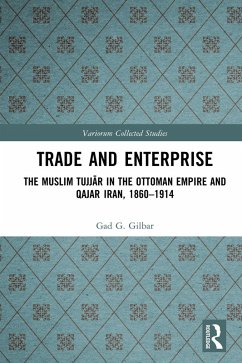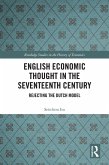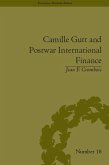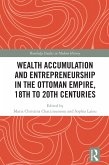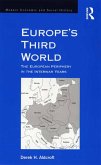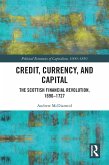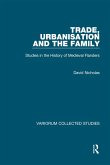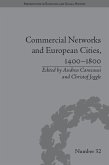The 12 studies in this volume show that the Muslim tujjar played a major economic role in various regions of the Middle East during the late nineteenth and early twentieth centuries. Their investments, mainly in commercial agriculture, resulted in economic growth and changed economic structures and social relations in many Middle Eastern communities. They were also involved in political developments, some of which had a dramatic effect on the history of their countries, as for instance in late Qajar Iran. They also played a unique role in the process of cultural change. Although they supported the ¿ulamä financially, they also contributed to the establishment of new educational and cultural institutions. The story of the tujjar is unique in the sense that it was the only indigenous elite group in the pre-World War I Middle East to bridge between traditional forces and concepts and Western attitudes and practices. (CS 1108).
Dieser Download kann aus rechtlichen Gründen nur mit Rechnungsadresse in A, B, BG, CY, CZ, D, DK, EW, E, FIN, F, GR, HR, H, IRL, I, LT, L, LR, M, NL, PL, P, R, S, SLO, SK ausgeliefert werden.

